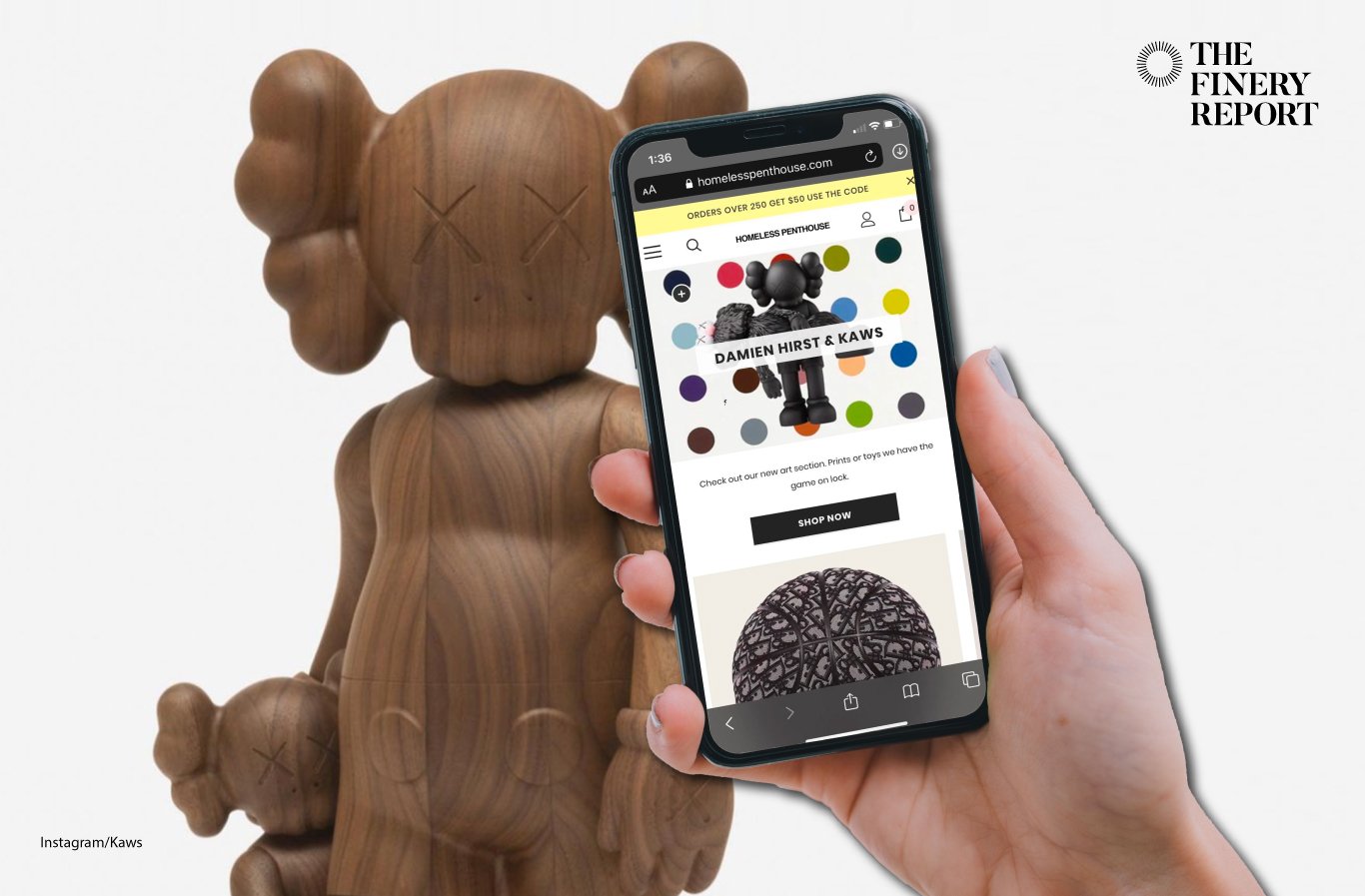KAWS files lawsuit against online marketplaces selling fake KAWS
After the legal battle he faced during the KAWS:HOLIDAY exhibition in Singapore, Brian Donnely (KAWS), the man behind the iconic brand, filed a lawsuit against several marketplaces, accusing them of selling the fake versions of his works.
The most recent lawsuit was filed last Thursday (24 November) in the Southern District Court of New York. This time, KAWS sued luxury goods and artworks website Homeless Penthouse and its related entities The Penthouse Theory and Penthouse Collective, as well as OSell DinoDirect China that is in some way connected with the distribution of goods.
The lawsuit claims that the sale of the counterfeit products constitutes an infringement of a trade mark and copyright. KAWS legal team is also seeking to obtain an injunction against Homeless Penthouse and its related entities, as well as up to millions of dollars more in statutory fines for trademark counterfeiting, trademark infringement, unfair competition, trademark dilution and copyright infringement - demanding up to $10 million compensation. Donnelly, however, said that he would donate any monetary gains from the suit to New York-based services organisation Coalition for the Homeless.
According to the lawsuit, Homeless Penthouse was accused of not being transparent on its FAQ page regarding the authenticity of the works they sell. The suit stated: “These obfuscating, tongue-in-cheek statements are feeble attempts to escape the obvious: the purported KAWS items for sale on the Homeless Penthouse websites are deliberate fakes.”
As reported by ARTNews, these sites were offering 160 counterfeit objects as of mid-October. The objects include KAWS sculpture of Pinocchio, toys featuring the artist’s signature character with crossed-out eyes and rugs based on his abstractions.
In his statement, Donnely said that the legal action was taken in order “to finally end years of unlawful counterfeiting infringement, enrichment on the sale and promotion of counterfeit KAWS product”.
“A fake reproduction is distinct from an original piece of art inspired by popular culture. Every collector deserves confidence in the authenticity of the work they own, and after years of [their] deceiving my collectors around the world, I’m taking action to put an end to these unlawful practices,” he added.

